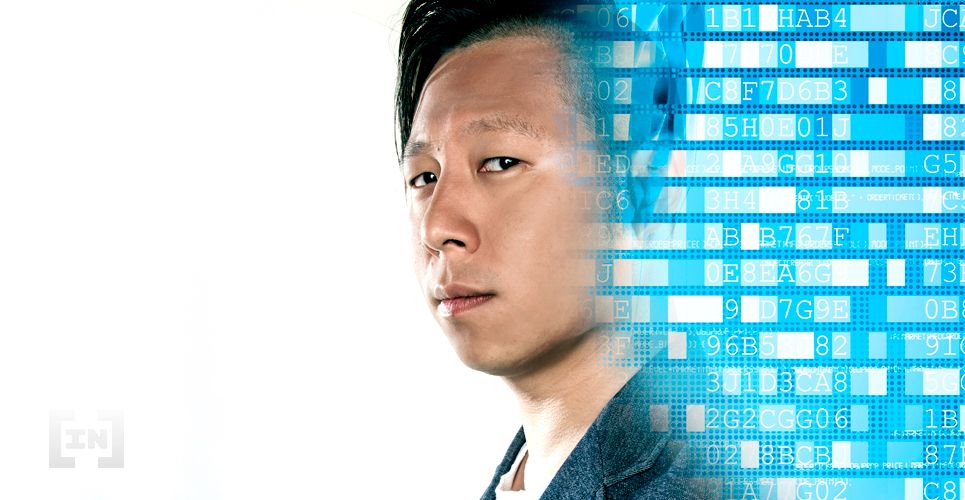Deepfake pioneer and artist Hai Li recently made a statement confirming that progress on manipulated videos is moving faster than most people expect. In fact, Li believes that ‘perfectly real’ deepfakes could be just 6 to 12 months away.
A pioneer of deepfakes, Hai Li, is readjusting his timeline on when we can expect hyper-realistic manipulated videos. He now argues that we can expect it to reach realism sometime in 2020.

Deepfakes To Reach Unprecedented Realism in 2020
Previously, Li assessed that ‘perfectly real’ deepfakes were a few years away. However, the success of the Chinese app Zao and other breakthroughs in the technology has caused him to ‘recalibrate’ his timeline. As Li explained, the knowledge to make this happen is already there. All that is currently missing is more data which will quickly be collected to make video manipulations exponentially more precise. As of now, deepfakes still remain recognizable to the naked eye—but in a year’s time, this will likely not be the case anymore.The achievements in AI and machine learning have accelerated the development of deepfakes. Although now largely on the periphery of fake news, manipulated videos could someday become the ‘new normal’ in our digital landscape.A deepfake pioneer says 'perfectly real' manipulated videos are just 6 months away https://t.co/vf3eRoLBoP
— Business Insider (@businessinsider) September 22, 2019
Fake News Reaches a New Level
It’s difficult to understate the impact deepfakes will inevitably have on society. From politics to culture, the proliferated of these manufactured fake videos will have a devastating impact on how we perceive truth online. Given the current crisis of so-called ‘fake news’ online, deepfakes will undoubtedly multiply this problem tenfold. One can easily imagine it being used by political opponents as concerted disinformation campaigns, a tactic which has already proven useful in today’s sensationalist media cycles. The main problem is that the underlying technology is moving so fast that it is proving to be difficult to keep up with. Moreover, democracies find themselves ill-equipped to dealing with the vacuum this could create in the public trust. Deepfakes will likely achieve realism right around the time of the 2020 election, a poignant moment where the emerging technology could potentially do the most damage.
Ultimately, what’s needed is a means of authenticating content online which is still in its conceptual stage. For now, we just must wrestle with uncertainty over what a future of realistic deepfakes holds.
Do you agree that deepfakes have the potential to uproot our entire public trust and are a threat to democracy itself? Let us know your thoughts below in the comments.
The main problem is that the underlying technology is moving so fast that it is proving to be difficult to keep up with. Moreover, democracies find themselves ill-equipped to dealing with the vacuum this could create in the public trust. Deepfakes will likely achieve realism right around the time of the 2020 election, a poignant moment where the emerging technology could potentially do the most damage.
Ultimately, what’s needed is a means of authenticating content online which is still in its conceptual stage. For now, we just must wrestle with uncertainty over what a future of realistic deepfakes holds.
Do you agree that deepfakes have the potential to uproot our entire public trust and are a threat to democracy itself? Let us know your thoughts below in the comments.
Images are courtesy of Shutterstock, Twitter.
Disclaimer
In adherence to the Trust Project guidelines, BeInCrypto is committed to unbiased, transparent reporting. This news article aims to provide accurate, timely information. However, readers are advised to verify facts independently and consult with a professional before making any decisions based on this content. Please note that our Terms and Conditions, Privacy Policy, and Disclaimers have been updated.
Sponsored
Sponsored
